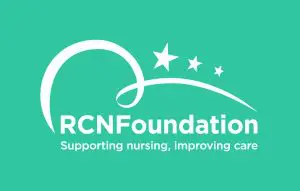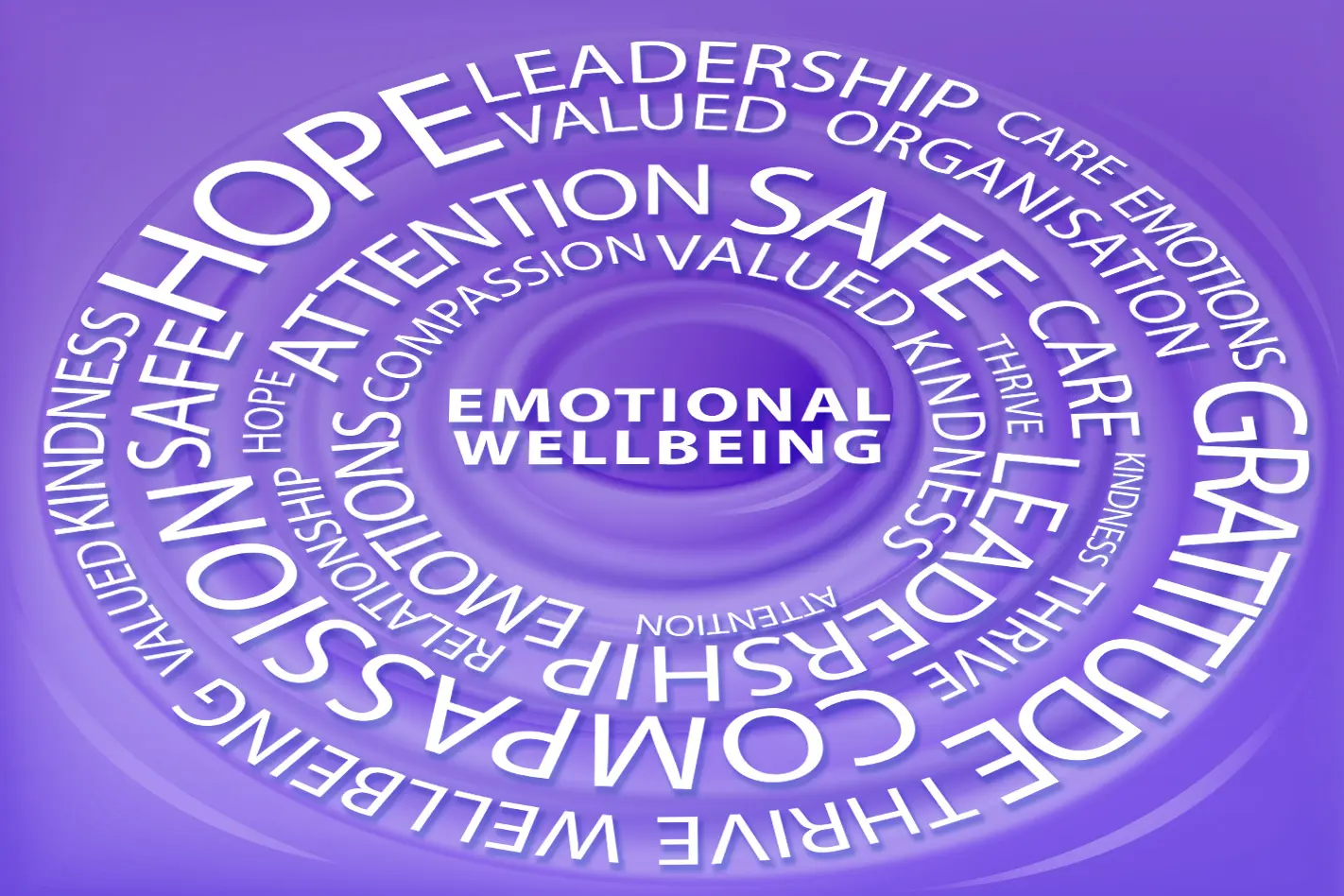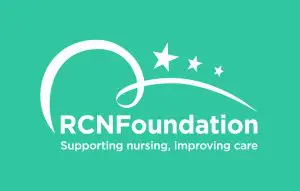“The iHV Emotional Wellbeing Group was a bit of a lifeline for me during a very challenging period…. I was in effect, firefighting …and feeling completely overwhelmed. Most weeks I entertained thoughts of resigning…. I found the course instrumental in holding me when I was wavering about my ability to do my job. I learned to be kinder and more accepting of myself and in doing so was able to expect that others would do the same. I think the course also empowered me to prioritise the wellbeing of those I care for as well as myself”
(iHV Group Participant)
Prior to the onset of the COVID-19 pandemic, the iHV State of Health Visiting survey 2019 (published in February 2020) had identified that health visitors were already struggling to cope with the demands placed on their stretched services. However, the pandemic escalated this rapidly, and a further paper surveyed 740 health visitors in England – finding that 68% reported their stress levels at work had increased over the past year, 66% feeling more stressed, worried, tense and anxious generally (Conti and Dow, 2020).
There is a well-evidenced link between staff wellbeing and quality of care delivery. The World Health Organization (WHO) highlighted that “keeping all staff protected from chronic stress and poor mental health during this response means that they will have a better capacity to fulfil their roles” (WHO, 2020).
We applied for, and are grateful for, the grant received from the COVID support fund from the RCN Foundation. The funding meant that we were able to offer a new Emotional Wellbeing at Work (EWW) virtual programme, aimed at supporting a number of health visitors in the workforce.
The programme was designed as a series of six group support sessions with five places offered to up to 12 organisations. The groups were facilitated by experienced facilitators and ran between October 2020 and March 2021. The EWW programme methodology mirrors health visiting practice by utilising a range of strengths-based, reflective and restorative approaches. These were outlined in the Journal of Health Visiting (Development of the Emotional Wellbeing at Work Virtual Programme to support UK health visiting teams – Baldwin, Stephen, Bishop and Kelly – December 2020). 58 practitioners in total attended the programme, including health visitors from organisations in Wales and Scotland.
The overall aim of the EWW programme was to improve staff wellbeing by reducing their levels of stress and anxiety, helping them gain and/or maintain a sense of control and professional self-worth, and providing support to build capacity to cope better with work demands through six facilitated group sessions. Findings from the preliminary evaluation demonstrated positive outcomes in relation to these aims (Baldwin et al, 2020). A further paper outlining in full the early evaluation findings has been accepted for publication in Primary Health Care Journal and is expected to be published in the later Spring.
The iHV has subsequently received additional funding from a separate application to the COVID Healthcare Support Appeal (CHSA), with the aim to improve sustainability and reach of the programme by developing and implementing a “Champions” cascade model. This brand new and exciting Emotional Wellbeing at Work Champions training is due to start in June 2021.
Please contact [email protected] for more information





